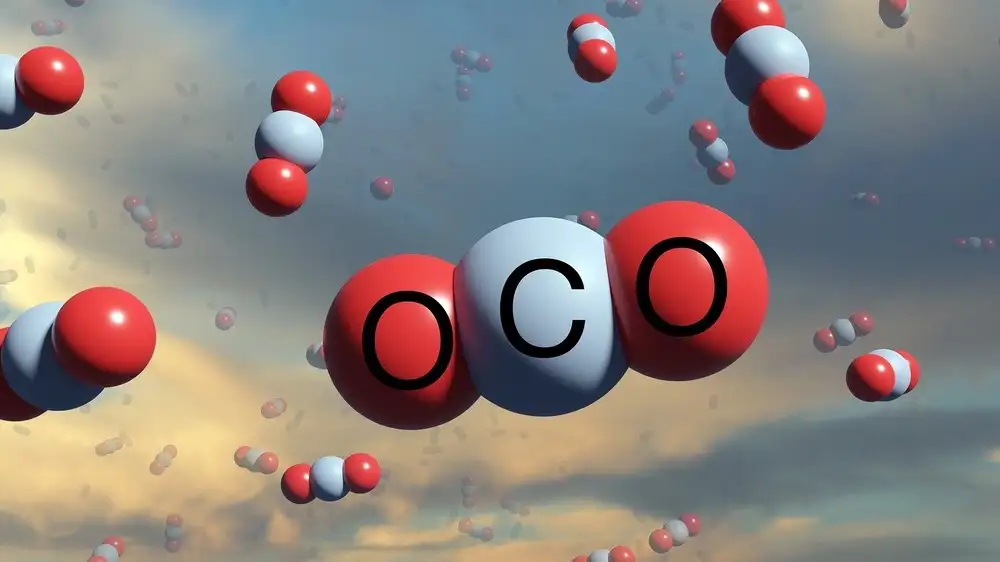We say that every planet is in a good celestial state if it is:
- in a good essential condition in its sign, e.g. exalted
- free from malefic aspects1 from other planets (see aspects of the planets)
- with a well-placed dispositor2
- in conjunction with favorable bright stars
[toc]
Accidental Malefic/Benefic Planet
Mars and Saturn are considered natural malefics as they mostly signify destructive things such as violence, injuries, death, aging, etc. All other planets are beneficial.
Four houses in the horoscope are considered unfavorable. These are the 6th, 8th, and 12th, as well as the 7th house in terms of conflicts and battles. All other houses are favorable.
A natural malefic in a good celestial state becomes an accidental benefic planet. It portends good things in good houses, but not without misfortunes since its inner nature is malevolent. In a bad house, it still produces evil but at the last moment saves from that evil. For example, exalted Mars, determined by the 8th, supported by benefic aspects, promises a mortal threat and salvation from it.
A natural benefic in bad condition becomes an accidental malefic. It prohibits/destroys good things in a good house and cannot protect from evil in a bad one.
A natural benefic in a good celestial condition or a malefic in a bad state becomes the most effective in their action.
The following table clarifies the effect of the celestial state of a planet determined by different houses.
| Nature | Celestial State | House | Effect |
|---|---|---|---|
| Benefic planet | Good state | Fortunate house | Grants good things of that house |
| Unfortunate house | Prevents or mitigates the evil of that house | ||
| Intermediate state | Fortunate house | Grants moderate results in quality, quantity, and stability | |
| Unfortunate house | Neither causes nor prevents evil, only mitigates it | ||
| Adverse state | Fortunate house | Grants nothing, or grants things through difficulties, or scanty/unreliable | |
| Unfortunate house | Does not prevent evil, may even cause it | ||
| Malefic planet | Good state | Fortunate house | Grants good things, but through imperfections or difficult ways |
| Unfortunate house | Will not take away evil, but may rescue from or temper it | ||
| Intermediate state | Fortunate house | Neither grants nor takes away good, only prevents it | |
| Unfortunate house | Doesn't prevent evil, may even cause it | ||
| Adverse state | Fortunate house | Will not grant the good, but will prevent it; may result in misfortune | |
| Unfortunate house | Strongly promotes evil, may bring infamy, disgrace, or violence |
It is important to remember the value of the aspect that participates in the celestial state.
On the one hand, a malefic planet in a dignified position in an unfortunate house receiving a benefic aspect can rescue one from evil or lessen its effects.
However, if the same planet is only in domicile or exaltation, it will still bring evil since its malefic nature is related to the negative affairs of the house. Only the best celestial state (both by dignity and aspect) can override this.
The opposite is true for benefic planets. For instance, if Jupiter is in the moderate essential state in the 2nd house, it will bring wealth to the native. However, if malefic rays afflict it, it becomes useless.
Strength of Accidental Malefic/Benefic Planet
There are additional factors that enhance the effectiveness of the planets, such as
- position oriental to the Sun and occidental to the Moon
- direct and swift motion
- absence of combustion
- other minor indicators, such as proximity to the equator, etc.
Conversely, contrary indicators weaken the planet's ability to create good or evil.
Notes
- Including those with negative reception to the planet
- Since any planet partially expresses itself through its dispositor, the state of the dispositor partially shapes the state of the planet. So, Saturn-peregrine in Scorpio with Mars in Cancer (in exile and negative reception to Saturn) is worse than the Saturn-peregrine in Taurus. This would be especially true in the former case if Mars cast a square to Saturn.

